Measurement obligation for third-party quantities postponed
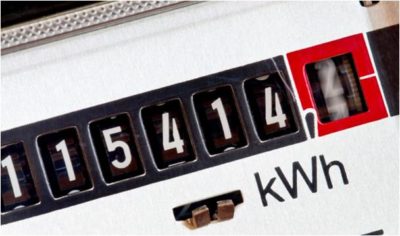
Affected companies have until 01 January 2022 to create and implement a measurement concept.
Arqum launches new energy efficiency project in China

The aim of the network is the exchange between companies on climate protection.
Publication of ISO 50005

The new ISO 50005 was published in September 2021.
Ordinance on the settlement of heating costs

The Ordinance on Heating Cost Settlement (HeizkostenV) 2021 came into force on 1 December 2021.
Development of the German Training Week – Energy Efficiency

The focus is on increasing the energy efficiency of local actors.
The heating season begins – how warm should it be?

Efficient heating saves energy and money. You can find out how in this article.
Online Training – Energy Efficiency in India, Nepal, Bangladesh & Vietnam

From September to the end of November 2020, Arqum will conduct a broadly based online training course on energy efficiency for companies in India, Nepal, Bangladesh and Vietnam. The project was initiated by GIZ’s internal sector network TUEWAS (Transport, Environment, Energy and Water in Asia). Currently, TUEWAS connects over 60 projects in 16 Asian countries […]
International Online Training: Water Management in Azerbaijan
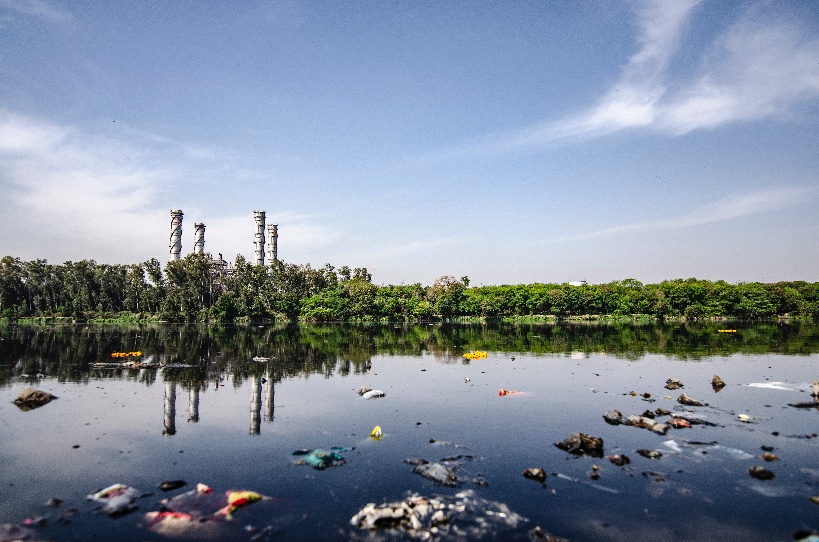
In collaboration with the German-Azerbaijani Chamber of Commerce (AHK Azerbaijan), Arqum organized an online training course on water and wastewater management for companies from various industries, state institutions and municipal service providers. The course took place in several online seminars between mid-September 2020 and the end of October 2020. In countries such as Azerbaijan, water […]
Freight bikes for business and private use

Have you ever thought about buying a freight bicycle? – With a transport weight of up to 300 kg, the use of freight bikes is particularly attractive in an enterprise context. Find out here about funding options and various models. Traffic jams, a lack of parking spaces and noise are the main features of everyday […]
The Energy Collective Law (EnSaG) – Important changes for companies

The new Energy Collection Act (EnSaG) entails changes to the EEG, KWKG and EnWG. An important change, which is likely to affect many companies, is the so-called “third quantity delimitation”. The German EnSaG came into force on 1st January 2019 and effects changes to a large number of energy regulations. The most important changes concern […]
It’s “energy audit year” once again
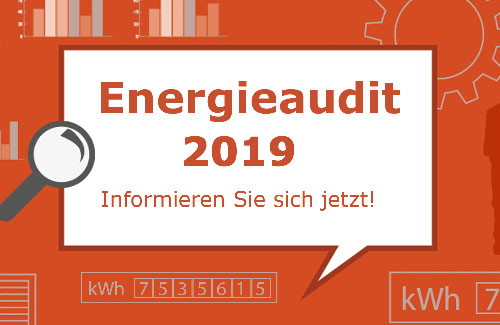
The next cycle of energy audits is in full swing. Many companies affected by the energy audit requirement will have to complete the repeat audit by the end of 2019. Therefore it is urgent to begin. There are some innovations that need to be considered in the energy audit requirements. For companies that have […]
German Energy Efficiency Cooperations Projects Award

Zum ersten Mal wurde im Rahmen der Deutsch-Chinesischen Energiepartnerschaft der “Sino – German Energy Efficiency Cooperations Projects Award 2018“ verliehen. Dabei wurden fünf Leuchtturmprojekte deutsch-chinesischer Zusammenarbeit im Energiesektor prämiert. Wir freuen uns mit unserem chinesischen Kooperationspartner Suzhou National New and Hi-Tech Industrial Development Area unter den fünf Preisträgern zu sein. Durch die deutsch-chinesische Zusammenarbeit […]
Step-by-Step Energy Management for SMEs
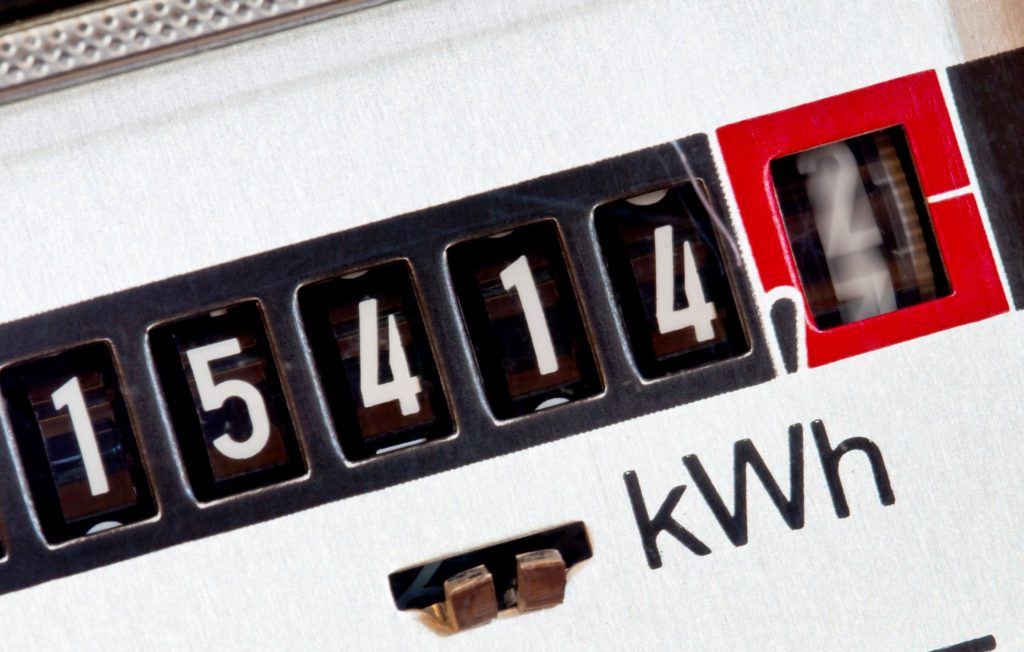
Research projects for the development of a systematic procedure for the gradual introduction of SMEs into an energy management system Energy management systems are a way to reduce operational environmental impacts – in particular, CO2 emissions – while at the same time economic added-value can be generated for the company. However, access to energy […]
The New ISO 50001:2018

The New ISO 50001:2018 After the revision of ISO 9001 and ISO 14001, ISO 50001 has now also been reviewed. Here too, there will be a 3-year transitional period for certified companies to convert to the ISO 50001:2018 from the date of its publication. Certificates on the basis of the ISO 50001:2011 will lose […]
Operational Mobility Management Freiburg
Operational Mobility Management Freiburg The working group “Umweltfreundlich zum Betrieb” (Environmentally-friendly (commuting) to work) was launched in Freiburg in 1991. This working group is a merger of works councils, staff councils and corporate environmental groups from the Freiburg area committed to more environmentally-friendly commuting. The “Öko-Verkehrs-Siegel” (Eco transportation label) is a successful project of […]
Energy Audit Obligation 2019: Be on Track in Good Time!

Energy audit: Only little time expenditure for Arqum customers Most of the companies will be up for the second energy audit in 2019/2020. On 05.12.2015, the implementation of the energy audit in accordance with the German Energy Services Act (EDL G) was for the first time legally binding and to be carried out for […]
Current Status of the Revision of ISO 50001

Current Status of the Revision of ISO 50001 After the revision of ISO 9001 and ISO 14001, ISO 50001:2011 has now been in revision since the summer of 2016. The final draft (FDIS) is expected to be released in August 2018 and publication of the standard ISO 50001:2019 is expected at the beginning of […]
Step-by-Step Energy Management for SMEs

Pilot project for the introduction of a step-by-step energy management for small and medium-sized Enterprises: For large companies, energy management systems (EnMS) are already part of the standard repertoire but are not as widespread amongst smaller and medium-sized enterprises (SMEs). Even though the complexity of an energy management system has a deterring effect on […]
Project „ECOHOTEL Peru“ successfully launched

Climate Protection Project “ECOHOTEL Peru” Successfully Launched Over the next two years Arqum is conducting – together with avanti GreenSoftware GmbH and Nessus Hoteles Peru S.A. (Casa Andina) – the model project “Energy Efficiency and Climate Protection Management in the Peruvian Hotel Sector”. The aim of the project is, in addition to the introduction […]
Environmental Tip – 4th Quarter

Cooking with a microwave – yes please! Opinion is divided on the issue of microwaves – devil’s device or a useful everyday helper? There are a lot of rumours about micro-waves. It is claimed, for example, that they cause blood cancer, carcinogenic radicals in vegetables or de-nature water and food through their radiation. In […]
Building energy certificates
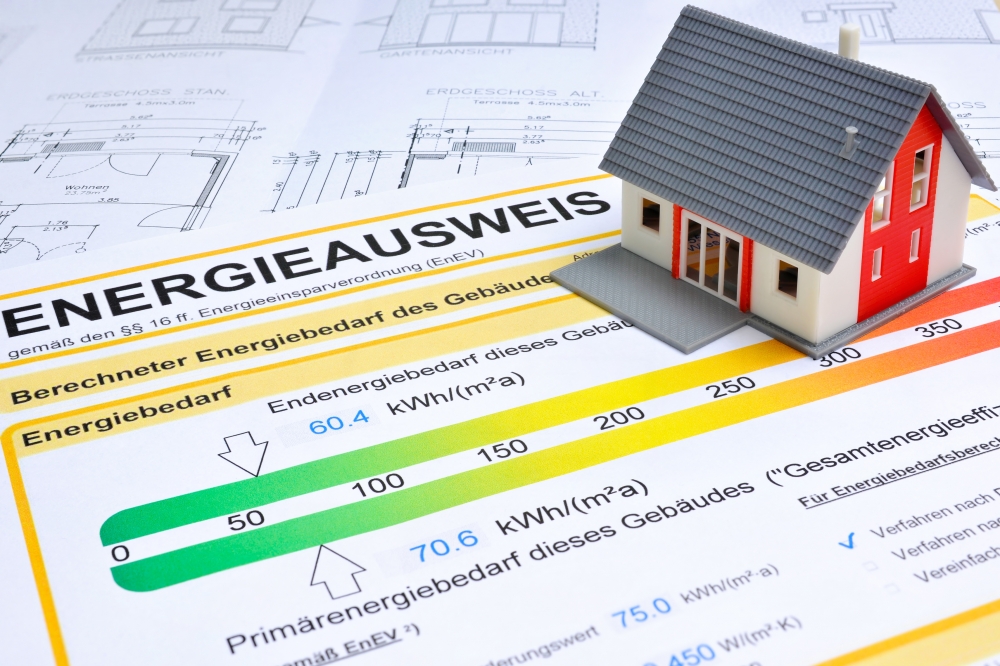
Building energy certificates from 2007 lose their validity in 2017: Since 2007, the German Energy Saving Ordinance (EnEV) has required an energy certificate for residential property that is sold or let for the first time. Since validity was limited to 10 years, the first issued certificates will be invalid by the end of this […]
ISO 50003 – now it’s getting serious

ISO 50003 – now it’s getting serious: As from October, the new ISO 50003 (Energy Management Systems – Requirements for Authorities Auditing and Certifying Energy Management Systems) comes into in force. The ISO 50003 applies actually only to the certification authorities. However, some of the requirements of the standard have a direct impact on […]
Save resources with ECOPROFIT at the Oktoberfest

Save resources with ECOPROFIT at the Oktoberfest: https://www.arqum.de/wp-content/uploads/2017/06/ÖP_Wiesn.jpg In the anniversary year celebrating twenty years of ECOPROFIT Munich, a further 23 funfair operators, stands and catering businesses of the Oktoberfest and other public festivals have merged into their own ECOPROFIT group – in addition to the already ongoing ECOPROFIT starter group. For the businesses participating […]
Making value chains more sustainable
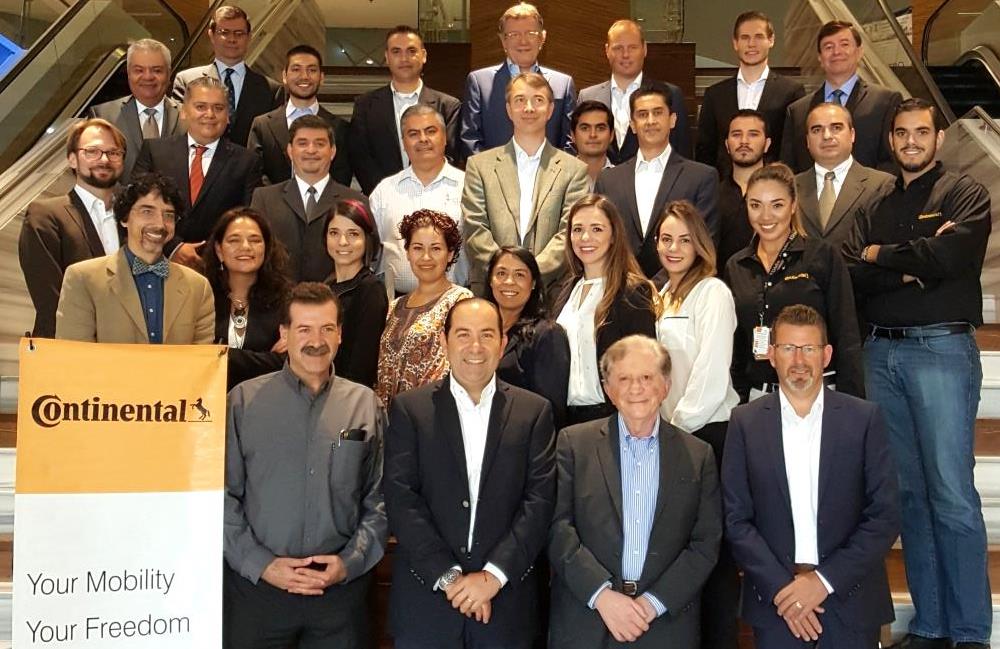
Making Value Chains more Sustainable – Continental and Arqum Complete Joint Project with Mexican Suppliers with Great Success: The improvement of cooperation with suppliers in the area of sustainability is an integral part of the environmental strategy of Continental. A special focus here lies on awareness-raising, training and practical support for the suppliers in […]
Introduction of an Energy Management System for SME

UFOPLAN-research project, “Development of a systematic procedure for the gradual introduction of an Energy Management system (EnMS) for SMEs using the example of selected industries”: As of now, Arqum is implementing together with its project partners – on behalf of the Federal Environment Agency and the Federal Ministry for the Environment, Nature Conservation, Construction […]
Energy and Electricity Tax Transparency Act
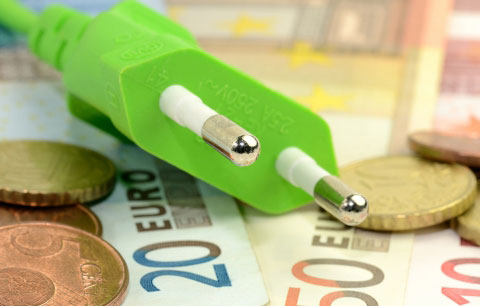
New requirements on companies claiming tax benefits for energy and electricity tax: Many businesses take advantage of energy and electricity tax benefits such as tax relief for manufacturing companies (Section 9b German Electricity Tax Act). As already reported in the last newsletter, new statement deadlines, which are to be implemented by June 30th, 2017, […]
Peak Balancing also for 2017
The industry has achieved savings targets – Peak balancing will also be granted in full in 2017: Since 2013, “peak balancing” on the power and energy tax (Section 10 Electricity Tax Law, Section 54 Energy Tax Law) is only granted if companies provide something in return. Thus applying companies must produce an “alternative system” […]
Energy efficiency in municipal facilities

Increase of energy efficiency in municipal facilities: Attractive funding program of the Federal Office of Economic Affairs and Export Control: In municipal facilities there are often large savings potentials, but there is a lack of resources and appropriate projects to improve matters. The Federal German government has reacted to this and provides attractive funding […]
The radiator thermostat: The underrated measure when it comes to energy-saving

The radiator thermostat: The underrated measure when it comes to energy-saving: What do the lines actually mean on a radiator thermostat valve? What is the correct setting? How can you save heating costs? Each heating valve that is to be adjusted manually has a unit scale which usually ranges from 1 to 5. Setting […]
Heating optimization – Funding possible
Funding program of the Federal Ministry of Economic Affairs and Energy (BMWi) for heating optimization: Up to 30% off the costs for pump replacement and heating optimization: The Federal government has set itself the objective of achieving a virtually climate-neutral building stock by 2050. Approximately 35% of energy consumption and approximately one third of […]
The Combined Heat and Power Act 2017: By courtesy of PwC
The CHP Act 2017 – An insight into the new privileging regulations – by courtesy of PwC: In August 2016, the German legislature and the EU Commission agreed on a comprehensive energy package. This entailed the CHP Act 2016 having to be revised again. The draft CHP Act 2017 saw, in particular, the limiting […]
Flexible mobility
Flexible mobility – environmentally-friendly travel, even during train strikes: Whoever was affected by the railway strike during the last few weeks has certainly thought about alternative means of transport. Using your own car or a rental car was certainly not always a suitable alternative. Creativity and flexibility were required. At Arqum, for example, employees used […]
Energy audit obligation
Energy audit obligation as per Energy Services Act – Review by BAFA: Immediately after the expiry of the deadline on 5.12.2015, the BAFA (Federal Office for Economic Affairs and Export Control) started writing to selected companies who fall under the audit obligation to provide proof of the implementation of the energy audit. In this case, […]
Energy-efficiency network Munich – upper Bavaria
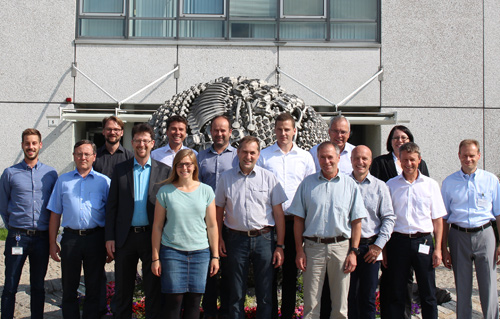
Closing event for energy-efficiency network Munich – upper Bavaria: On 30th June 2016, Hirschvogel Umformtechnik Gmbh in Denklingen hosted the closing event of the energy efficiency network in Munich (Upper Bavaria). The results of the network were presented. The participating companies achieved an increase in energy efficiency of 14.0% and a reduction of CO2 emissions […]
Back to the Sunday Roast

Back to the Sunday roast – Ecological aspects of meat consumption There is much discussion about meat consumption and its negative consequences in the media and with the public at large. Although the number of vegetarians and vegans is steadily rising, there is at the same time a continual increase in the demand for meat […]
The Energy Management Officer
The seminar is aimed at those businesses considering certification according to ISO 50001, or those who have already implemented it. What requirements does the standard pose? How can I integrate the standard into existing management systems? The ISO 50001 will be presented, and you will receive practical tips on how to integrate the standard into […]
More stringent requirements

More stringent requirements and new guide lines for ISO 50001 – Improvement of energy efficiency is a binding requirement – Assistance with the implementation: Up to now, in Germany energy management systems (EnMS) have been certified according to ISO 50001 in far more than 7,000 organizations. Energy management systems are an important instrument for the […]
The Energy Officer/Energy auditor
Legislators are requiring more and more that companies improve energy efficiency and introduce energy management systems. This is particularly true of the Act Concerning the Implementation of the EU Energy Efficiency Directive, adopted on 6 March 2015. It requires all companies that no longer count as SMEs (small or medium-sized enterprises), to appoint an energy […]
Duty of disclosure
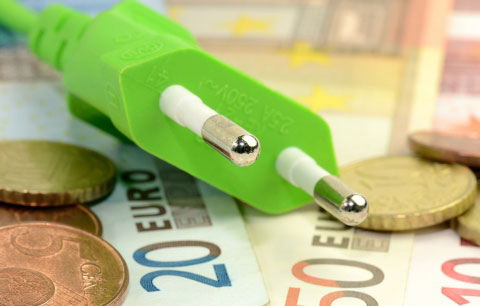
Duty of disclosure: Companies must report specific tax benefits relating to energy and electricity to the main customs office: The new “regulation on implementation of the EU legal obligations for publication, information and transparency in the energy and electricity tax act” (EnSTransV) goes into force as of July 1st, 2016. It applies to companies that […]
Energy efficiency networks in Nigeria
Despite considerable energy reserves, the economically strongest and most populous country in Africa is faced with major challenges in utilising energy in a sustained manner. As the supply of power cannot be guaranteed, almost all companies and consumers use their own diesel generators for several hours a day to cover power needs. This is neither […]
Energy Audit 2019 – Keep at it!
Since the beginning of this year, a legal commitment for large companies to undertake an energy audit has been in place. The date which the legislator had prescribed for its implementation ended on 5 December 2015. The energy audit must be carried out at least every four years by qualified specialists as calculated from the […]
Mexiko: Learning Energy Management Network
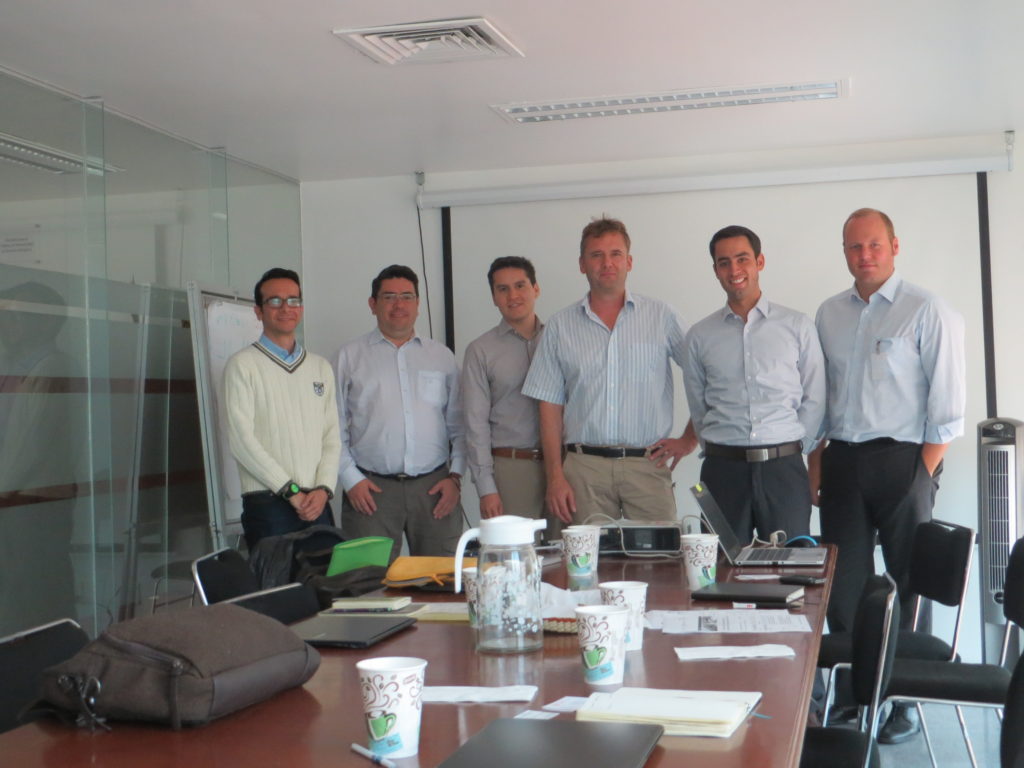
Mexico: Kick-off for the “Learning Energy Management Network” – Training of energy auditors: The pilot network was developed jointly by the Mexican Energy-Efficiency Authority (CONUEE) and the Society for International Cooperation (Gesellschaft für Internationale Zusammenarbeit, GIZ). The project is supervised and supported by national experts, as well as the promoters of CONUEE and GIZ and […]
Hydraulic balance – also for your home?
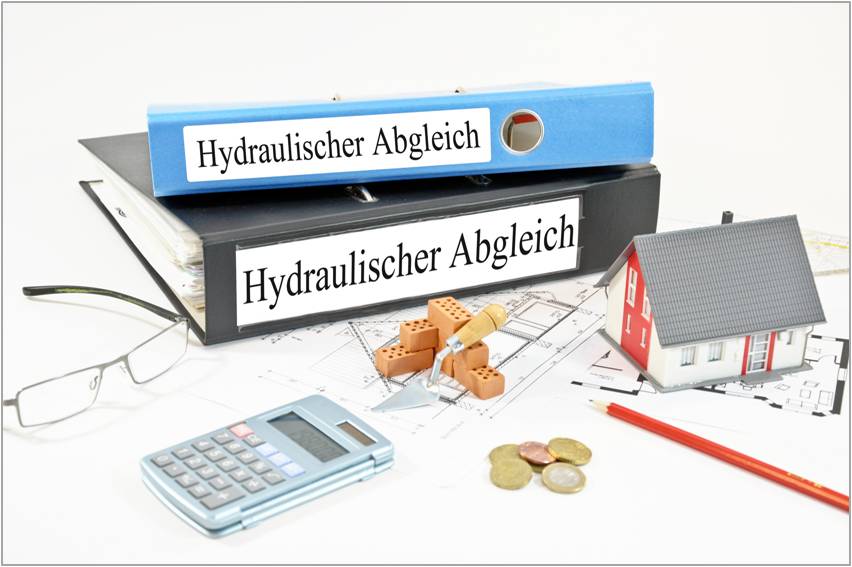
Hydraulic balance – also for your home? Is it worthwhile carrying out hydraulic balancing for a flat or a detached house? The heat check allows you to examine if this type of balancing makes economic sense where you live. What happens under hydraulic balancing? In practically every heating system water is used as the heat […]
Green IT – also at home

Googling, downloading, streaming, chatting, gaming and saving information are indispensable in our lives. But how much energy do we consume for all of this exactly? While power consumption in the household has steadily decreased in the last few years for large appliances and lighting, consumption by electronic office equipment and entertainment technology is increasing more […]
Energy Audit obligation: Participate in network
Meet with energy audit obligation by network participation – effects on the cut-off date 05.12.2015: The Federal Office of Economics and Export Control (German BAFA) has published a list of frequently asked questions in relation to the energy audit obligation. This can be seen here. For instance, under the item “energy networks”, the BAFA describes […]
Energy audit obligation – BAFA Bulletin
Energy audit obligation for large companies: BAFA (Federal Office of Economics and Export Control) bulletin allows only few exceptions: On 22nd April 2015, the amended German Energy Services Law (EDL-G) on the implementation of the EU Energy Efficiency Directive entered into force. The law stipulates that all companies that no longer apply as a small […]
Financial support for energy management systems

Financial support for energy management systems from BAFA – more companies are eligible for support in the future: The German Federal Office of Economics and Export Control (BAFA) has revised the directive for the promotion/support of energy management systems on 1st May 2015. In principle, all companies with their registered office or branch office in […]
ECOPROFIT Energy
Introducing the new consultation program ÖKOPROFIT-Energie: The new program was drawn up in 2014 on the initiative of the city of Munich and is an additional offer to the ÖKOPROFIT consultation system already successfully introduced throughout Germany. In contrast to ÖKOPROFIT, ÖKOPROFIT-Energie focuses specifically on the identification and implementation of energy efficiency measures. Participating companies […]
Training of energy auditors in Sri Lanka
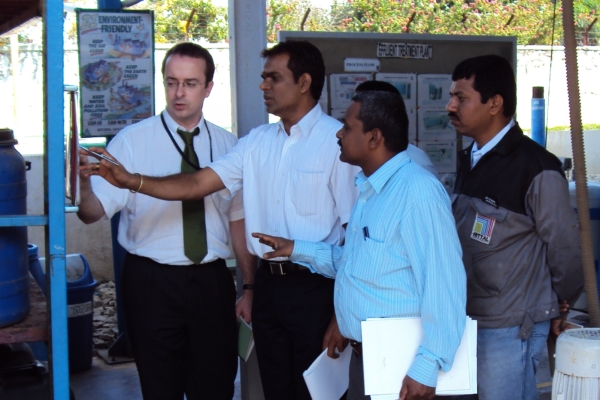
In the context of SME sector development in Sri Lanka (a project of the German Society for International Cooperation (GIZ)), Arqum was commissioned to support small and medium-sized enterprises on their path to energy efficiency. The aim of the project is to train energy experts and auditors on-site in order to allow successful energy efficiency […]
Renewable Sources of Energy Act
Renewable Sources of Energy Act (“EEG”) special equalisation scheme: Deadline extension for energy-intensive companies–obligation to install officially calibrated meters by 31 March 2015: On 11 Nov. 2014, the BAFA (Federal Office of Economic Affairs and Export Control) announced that electricity-intensive companies or independent company divisions must have officially calibrated meters at each point of consumption […]
“500 Energy-Efficiency Networks” programme
The federal government and 18 trade associations and organizations, including the BDI, DIHK and HDE, have agreed to ensure the development of 500 new corporate networks by 2020. A network should comprise 8 to 15 companies and operate for one to four years. The networks should improve the energy-efficiency potential of companies from all industries […]
The new EU F-gas regulation is in force
Under the new regulations, the emissions of fluorinated greenhouse gases (F-gases) in the EU are supposed to be reduced by 70 million tonnes of CO2 equivalent to 35 million tonnes of CO2 equivalent by 2030. The existing requirements for the leak-tightness of refrigeration systems and the technical expertise of the maintenance firms remain in force. […]

